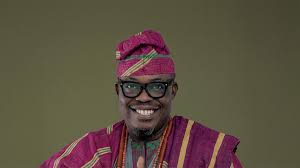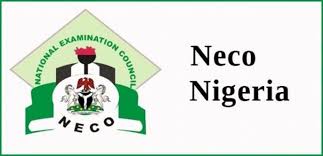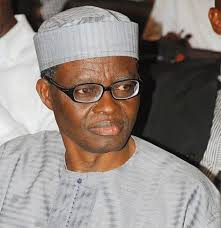Nigeria’s current move to secure a permanent seat in the United Nations’ Security Council might be hampered by the country’s failure to appoint ambassadors and high commissioners over two years into the President Bola Ahmed Tinubu’s administration. That is the position of International Relations Scholar and former Director-General of the Nigerian Institute of International Affairs, (NIIA), Professor Bola Akinterinwa.
In an exclusive interview with the Sunday Telegraph, Akinterinwa added that President Tinubu’s failure to attend the recent 80th United Nations General Assembly in New York, though represented by Vice President Kashim Shettima, was a diplomatic faux pas.
“You cannot afford the luxury of aspiring to be a permanent member of the UN while you are refusing to work the diplomatic path. The ambassadors are the agents; they are the experts, who have the capacity; who know who and who to lobby to make that a reality.
“He (President Tinubu) has chosen personal diplomacy to the detriment of standard diplomatic protocols. I have always said that it is a miscalculated strategy. You will see that even in his speech on October 1, (if I heard him well), I never heard him talk about diplomacy.
“He is introducing personal diplomacy, especially at the level of the United Nations. Not attending the UNGA is what the French will call a diplomatic faux pas, meaning a wrong step. I think he needs to sit down. He still has the room to make amends.”
Akinterinwa added that his presence at the forum would have enabled him to make a strong case for one of the two seats at the security council currently allocated to Africa, more so, when smaller African nations with less pedigree and impact on the continent were contesting for the same seats.
He noted that diplomacy is the first area that Tinubu should have been said and be seen to be making a more impacting progress, especially, in terms of development of the nation.
“There, the Foreign Minister, Yusuff Maitama Tugar, is working on the diplomacy of the four Ds – Development, Democracy, Demography and Diaspora, saying that this one should inform Nigeria’s foreign policy attitude.
“As good as this may appear to look, my view has been that it will be better to use them as pillars for the purposes of strategic autonomy. This is because the Foreign Minister said strategic autonomy is the fulcrum, the pivot, the epicentre of the administration of President Bola Ahmed Tinubu. And I argued that what will be better is to make strategic autonomy a long-term objective of Nigeria’s foreign policy.”
He said strategic autonomy was synonymous with self-reliance – self-reliance in the economic sector, in terms of economic productivity, economic vibrancy, in the military, in which case you have capacity to defend yourself, to intervene to defend any part of Africa, especially since we said Africa is the centre-piece of our foreign policy,” he said.
*See full interview on Pages 14 and 19














